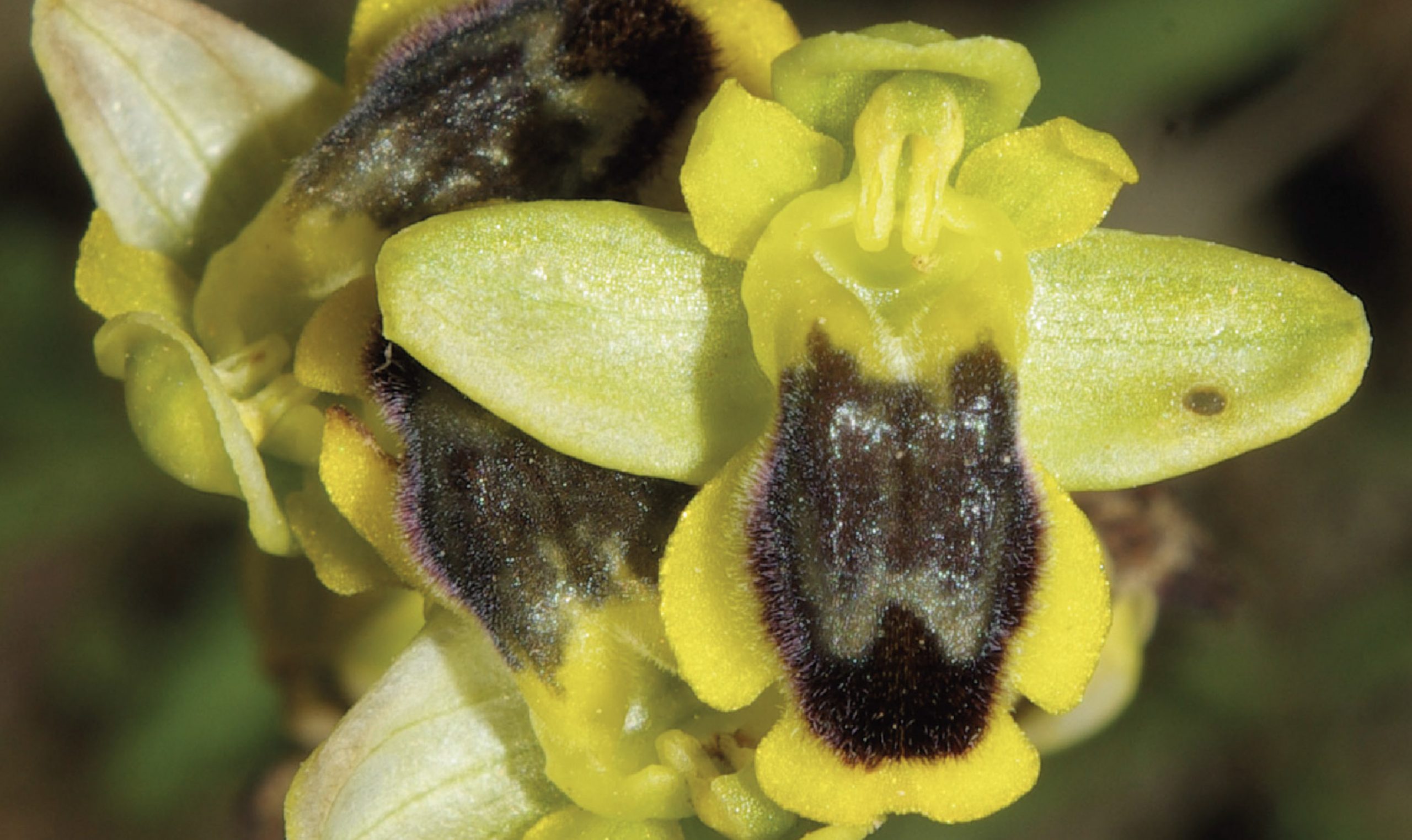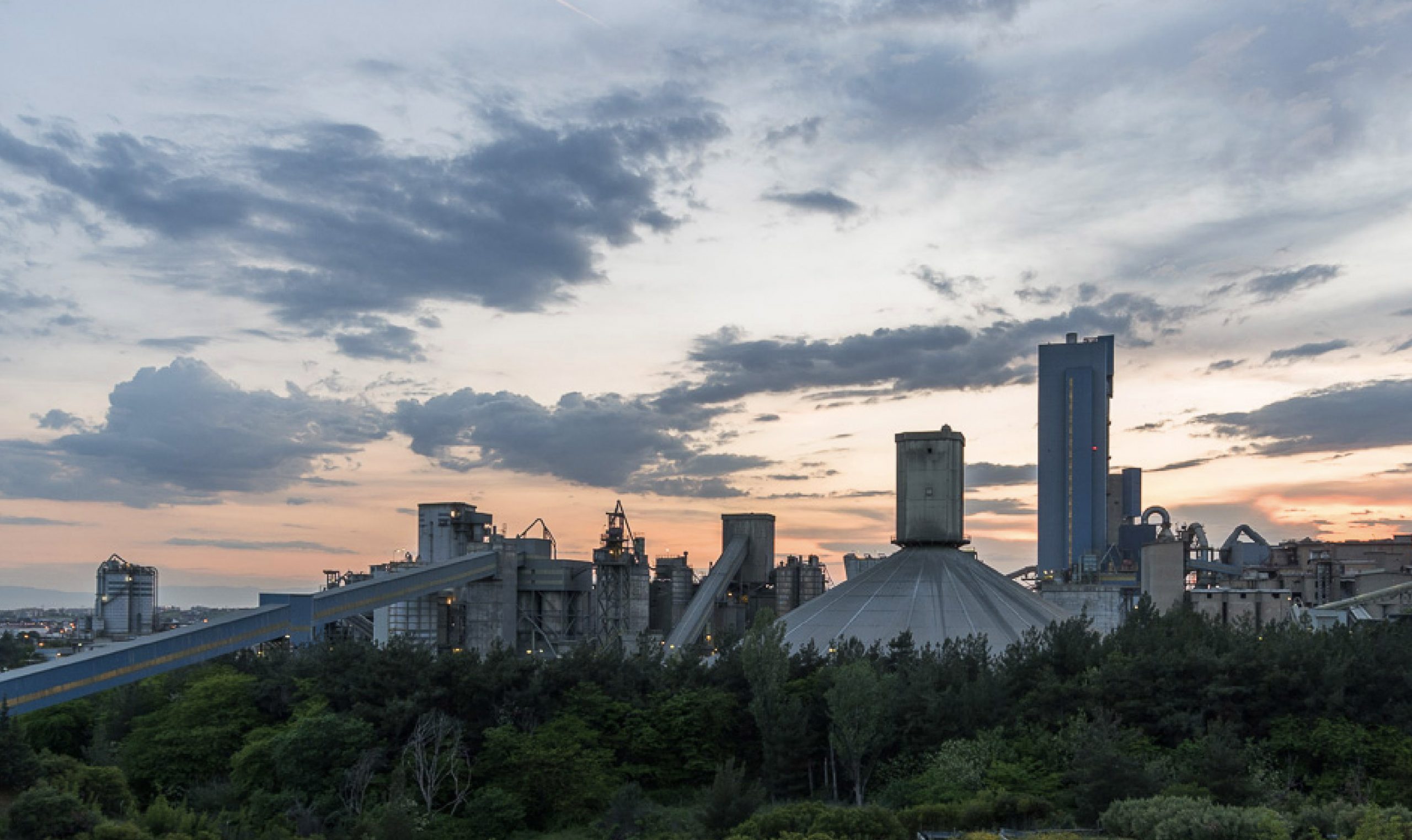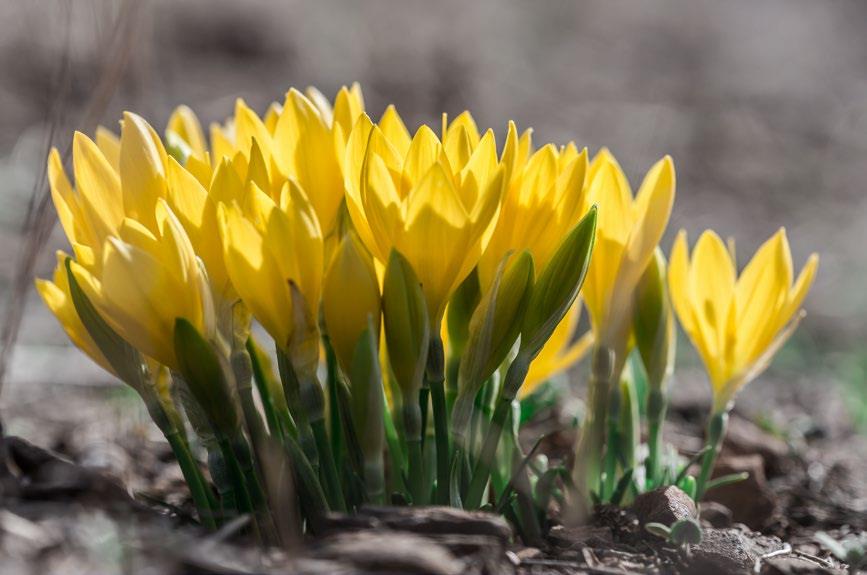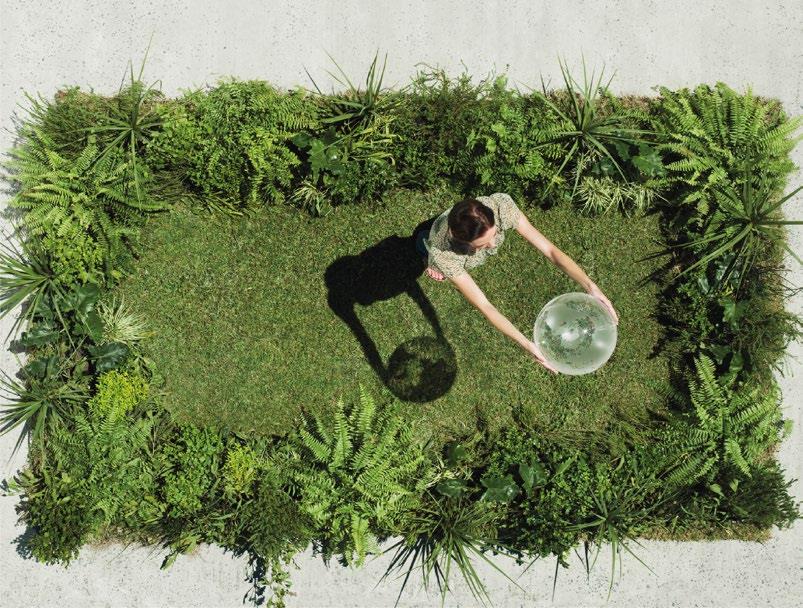Environmental Management
With the aim of continuously improving our environmental footprint, we systematically monitor the environmental performance of our activities, while setting targets for the reduction of air emissions, the protection of biodiversity, the restoration of quarries and the management and recycling of water. Our company participates in a long-term process of collaboration with specialized environmental agencies and stakeholders from local communities, seeking meaningful ways to understand the needs of society and contribute to the positive environmental footprint of the communities in which it operates.







